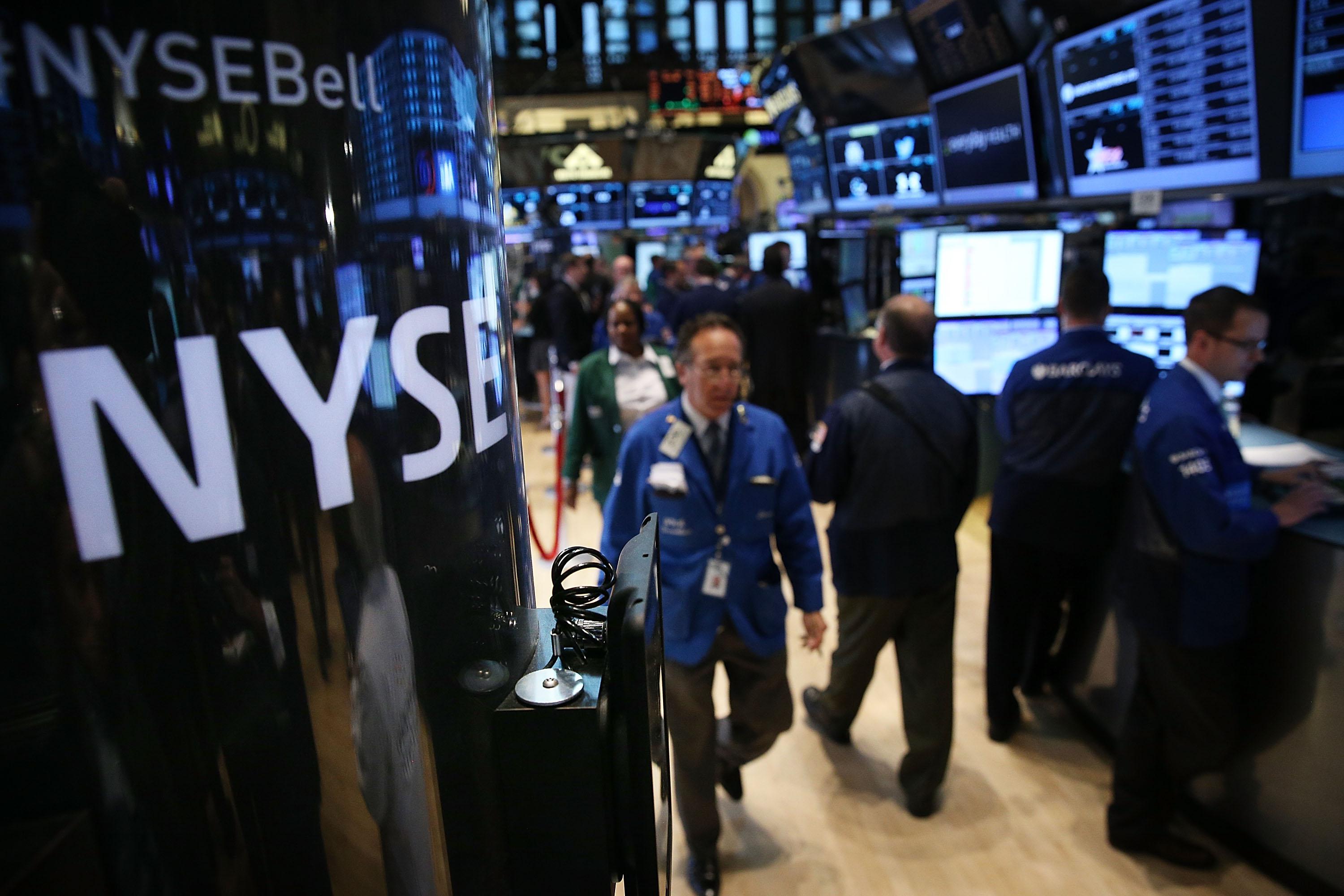This story originally appeared on Inc.
Open up just about any news site (even this one) these days and you’ll probably see an article that trumpets the existence of a stock market bubble, driven by overhyped technology investment and investor desire for outsized gains. And while the stock market surely is frothy, it’s not time to restock the bomb shelter.
Recent data from the Shiller Price Earnings Index shows that stocks are at an all-time high. Even adjusted for inflation, today’s prices are only rivaled by numbers not seen since 1929, just before the stock market crash, and the 2000 stock market.
“Broadly, the stock market [today] is influenced by monetary policy,” John Backus, founder and managing partner at venture capital firm New Atlantic Ventures, says. “With interest rates still so low, bonds are a lousy alternative to generate return, leaving more money in the stock market than were we to have higher interest rates.”
But venture capital investment tells another story entirely. And the numbers might give alarmists some pause, particularly if you compare the numbers to data from the dot-com bubble. New research indicates that the U.S. venture community is nowhere near the outlandish number of deals, or outpouring of cash for investments, seen more than a decade ago.
Venture capital firms invested $29.5 billion in 4,041 deals in 2013. That compares to $105 billion invested in 8,041 deals in 2000, the height of the stock market before the dot-com crash, according to the National Venture Capital Association’s 2014 Yearbook, out Tuesday.
Moreover, investment totals historically don’t track with the inflation of stock-market bubbles. Last year was about even with total investment dollars for the past three years, according to the yearbook. And even though the white-hot software industry reaped nearly 40 percent of investment dollars in 2013, recent stock market losses show enthusiasm for technology initial public offerings appears to be waning.
Twitter’s stock price, one of the hottest technology names to go public in recent months, has plummeted by more than half from its opening day pop in October. And as of last week, Renaissance Capital, the IPO consultancy and research firm, reported that there are no new tech deals in the pipeline for May.
VC’s Role in Stock Bubbles
Venture capital certainly was one of the culprits driving up stock market prices in 1999 and 2000. Then, as now, low interest rates also played a part. In fact, the bursting of the bubble was related to the Federal Reserve raising interest rates six times between 1999 and 2000.
This time, however, an overvalued stock market seems the result of Federal Reserve policy. One of the goals of “Quantitative Easing,” the Fed’s program of buying treasuries to increase monetary supply and reduce the value of bonds, was to bolster other assets relative to bonds.
Fed Chair Janet Yellen’s recent cautious statements about interest rates indicate she’s well-aware that rates any time soon could also rouse a sleeping bear market. And that means the bull is likely to continue for some time, barring something unforeseen.
“We are unlikely to see higher interest rates soon, since with $15 trillion in debt constantly rolling over, as a country we can’t afford higher interest rates,” Backus says. “The stock markets know this, and it keeps prices high.”
See Also: Alibaba—the Most Watched IPO
